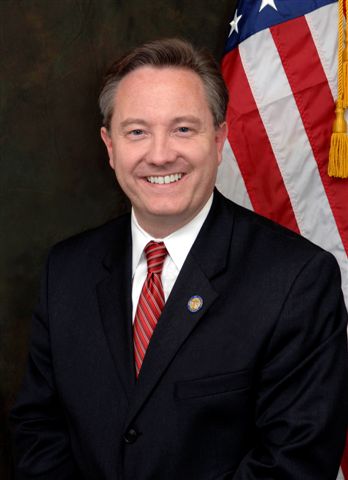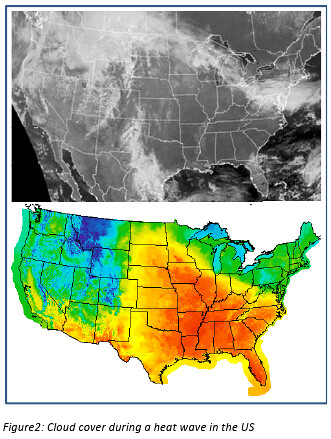| “Our organizations advocate for a criminal justice system that brings healing for victims of crime, restoration for those who commit crimes, and to maintain public safety.” |
![]() You can help
drive away CCA, 5PM this Tuesday, March 6th.
Or sign the
petition to the Industrial Authority
to reject the private prison in Lowndes County, Georgia.
You can help
drive away CCA, 5PM this Tuesday, March 6th.
Or sign the
petition to the Industrial Authority
to reject the private prison in Lowndes County, Georgia.
-jsq
March 1, 2012Continue readingDear Governor:
We the undersigned faith organizations represent different
traditions from across the religious and political spectrum. Our organizations advocate for a criminal justice system that brings healing for victims of crime, restoration for those who commit crimes, and to maintain public safety.
We write in reference to a letter you recently received from Harley Lappin, Chief Corrections Officer at Corrections Corporation of America (CCA), announcing the Corrections Investment Initiative – the corporation’s plan to spend up to $250 million buying prisons from state, local, and federal government entities, and then managing the facilities. The letter from Mr. Lappin states that CCA is only interested in buying prisons if the state selling the prison agrees to pay CCA to operate the prison for 20 years — at minimum. Mr. Lappin further notes that any prison to be sold must have at least 1,000 beds, and that the state must agree to keep the prison at least 90% full during the length of the contract.
The undersigned faith organizations urge you to decline this dangerous and costly invitation. CCA’s initiative would be costly








